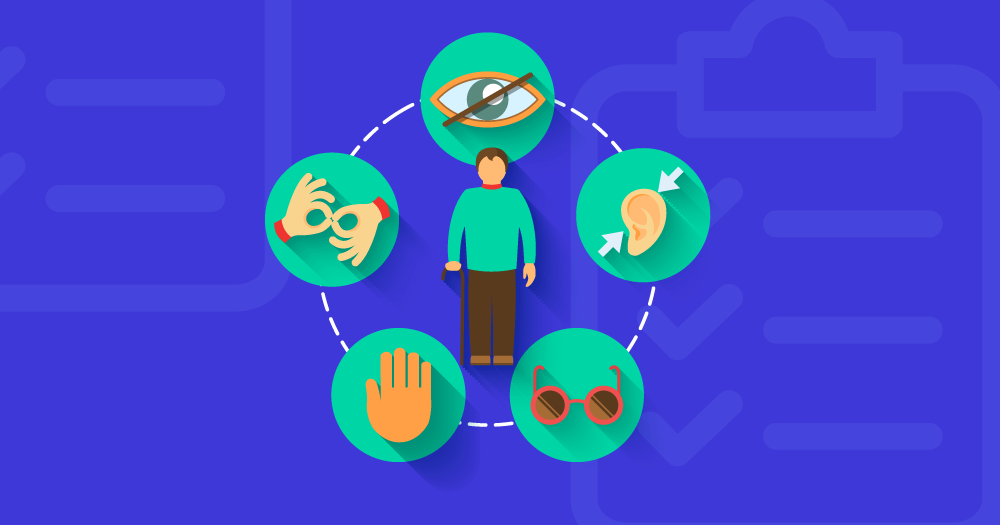Jason Myers, Experienced QA Lead with a demonstrated history of working in the information services industry.
Jason is an active participant in our community and has received the Product Evangelist Award. He is a mentor and teaching many courses on Udemy. Specifically, he has created a course for testing for beginners in Udemy. To know more about his background and gain some insight into his passion for the work he does in Quality Assurance, we decided to ask him a few questions about his experiences, personal development, and advice for those looking to advance their QA careers.
How did you get into QA and can you share insights on your early days in your career?
I came in as a QA engineer as an Intern at IBM. I was wrapping up my last few terms for the Business IS degree and got the opportunity to do an internship.

The internship was a bit awkward. Brand new team. No QA lead. Three jr QA engineers… who have never done QA before.
Not exactly the recipe for success. The early days of this was a lot of trial and error. We all worked our butts off and were able to help deliver several releases.
I stood out in the group due to my business background since I was comfortable with public speaking and technical writing. I quickly got transitioned to QA lead on yet another brand new team.
At this point, I had been able to establish some basic QA practices. Still a bit awkward, but now I was in charge of the team.
With a new opportunity in front of me and a drive to not screw it up, I knew I had to step up.
I was working with a global team. This meant that I had to wake up early to meet with the East Coast engineers and stay late to work with the engineers in Pune and Bangalore. I remember occasions where I was sitting in the lab at the office at 2 AM.
Hard work paid off. Our QA team was praised for their effort, and our team commended for delivering on time.
You can read the entire blog post about this here: https://glitchitsystem.com/software-qa-engineer-bio/
What does your typical day look like as a Quality Assurance Leader?
The past year for me has been extra hectic — so many things are going on in life to juggle.
My average day:
– 6:00 AM Wake up. Get myself and the kids ready for the day.
– 7:00 AM Hit the morning traffic.
– Arrive and work and check emails.
– 7:45 AM – 5:00 PM (Day-to-day will change, but I typically do some or all of these each day.)
– Triage any new issues that occurred overnight
– SCRUM meetings
– Test open Pull Requests
– Release testing
– Document/Update test cases
– Update automated test suites
– Give training classes to Jr QA members
– Research and POC improvements to the test environment
– 5:00 PM Hit the afternoon traffic.
– 6:00 PM Dinner
– 6:45 PM – 8:00 PM Help kids with homework
– 8:00 PM – 10:00 PM
– Take online classes, read about new tech, learn something new
– Update Udemy classes
– Create blog posts, Youtube videos, Udemy lectures
– 10:00 PM Sleep
Have you worked as a Developer as well as in Quality Assurance?
I have worked as a developer in the past for a very brief period. I wanted to try my hand at iOS development, so I did that for about four months.
Which one are you more passionate about?
There are aspects that I love about both development and QA. However, I realized that I loved QA, and there was an opportunity to do development while being a QA.
Now that I am back in QA, I found several opportunities to do both QA and Development full time.
Since I am on an AGILE team and believe in the concept that “everyone is a developer”, I often pick up development tickets. I do things such as small bug fixes or minor feature enhancements.
I am also into using open source QA tools as much as possible. Most open source QA tools require that you have a moderate level of development experience, so it is an excellent opportunity for me to build something cool and useful for the team.
How do you start doing training from Quality Assurance?
I believe that to be able to test something thoroughly, you need to understand it from the inside out.
Take a car, for example. As a user of a car, I know the essential features that a car must be able to perform. However, I don’t know anything about how an engine or the transmission works. I know the basics of what they do, but I don’t know how or why — getting insight into the how and why are critical to going from a useful QA to a great QA.
If you know how something works from the inside out, you will be able to test it more thoroughly and get out of the black box.
So with this in mind, this is how I structure my courses. I teach you the internal workings of things like Web Applications, APIs, or Databases. I show you how the technology works and then teach you how to test it.
Can you brief us about your courses on Udemy?
I currently have four courses on Udemy.
QA Guide to Web Application Testing for Beginners
Entry-level introduction to front-end web development and automated testing of a non-Angular app using Protractor.
- Learn the basics of HTML, CSS, JavaScript
- Build a simple front-end app
- Learn to use Protractor to test that app you just built
QA Guide to Web Application Testing for Beginners
Introductory course on testing web applications.
- Learn a little about how web apps are built
- Build out a test suite using QA Touch
- Walkthrough testing several apps
QA Guide to REST API Testing for Beginners
Introductory course on REST APIs.
- Learn what an API is
- Use Postman to make requests
- Use Postman to test your requests
JavaScript for QA Engineers and SDETs
A more in-depth guide into JavaScript geared towards QA engineers.
- An in-depth overview of JavaScript features
- Lots of assignments and activities to practice
- Prep section for getting ready for a technical JavaScript interview
Things are changing rapidly in Quality Assurance. Who are some people you follow/look up to?
I typically follow developers to help improve my skills. A couple of examples:
– Brad Traversy
– Mosh Hamedani
What is your advice to budding quality assurance professionals about testing?
Always make time to learn something new.
Check out job postings for companies where you would like to work. Find the skills that the company is requiring that you don’t currently possess. Learn the skills and build work samples to upload to a Github account.
When you are ready to start a QA career or ready to leave your current job, you now have two things:
- Proof that you have the desire and initiative to learn new technologies.
- A repository of work samples that act as tangible proof of your expertise in a tool or technology.
Also, you can use this as leverage for getting a promotion in your current company.
What products/apps/services do you use regularly?
- Productivity: Jira, Confluence, Slack
- Front End Test Automation: Protractor, WebdriverIO
- API Testing: Postman, Insomnia
- API Test Automation: KarateDSL, GatlingIO
- Console: ConEmu
- Editors: Sublime Text, IntelliJ, Visual Studio Code
- Screen Capture: ScreenCastOMatic, Snagit
- Services: AWS
- Test Case Management: QA Touch, XRay
Anything else you would like to share with the QA Community /knows?
A couple of themes you’re probably got from this interview.
- Work hard, really hard
- Always keep learning
I believe hard work pays off. I think working smarter pays off.
I always tell my QA engineers these things. The ones who listen have seen the positive gains.
Thanks very much for this opportunity to present me as a member of a community.
Thank you, Jason! You inspire us to do better.










